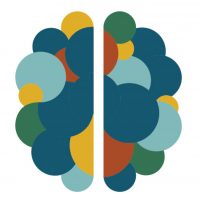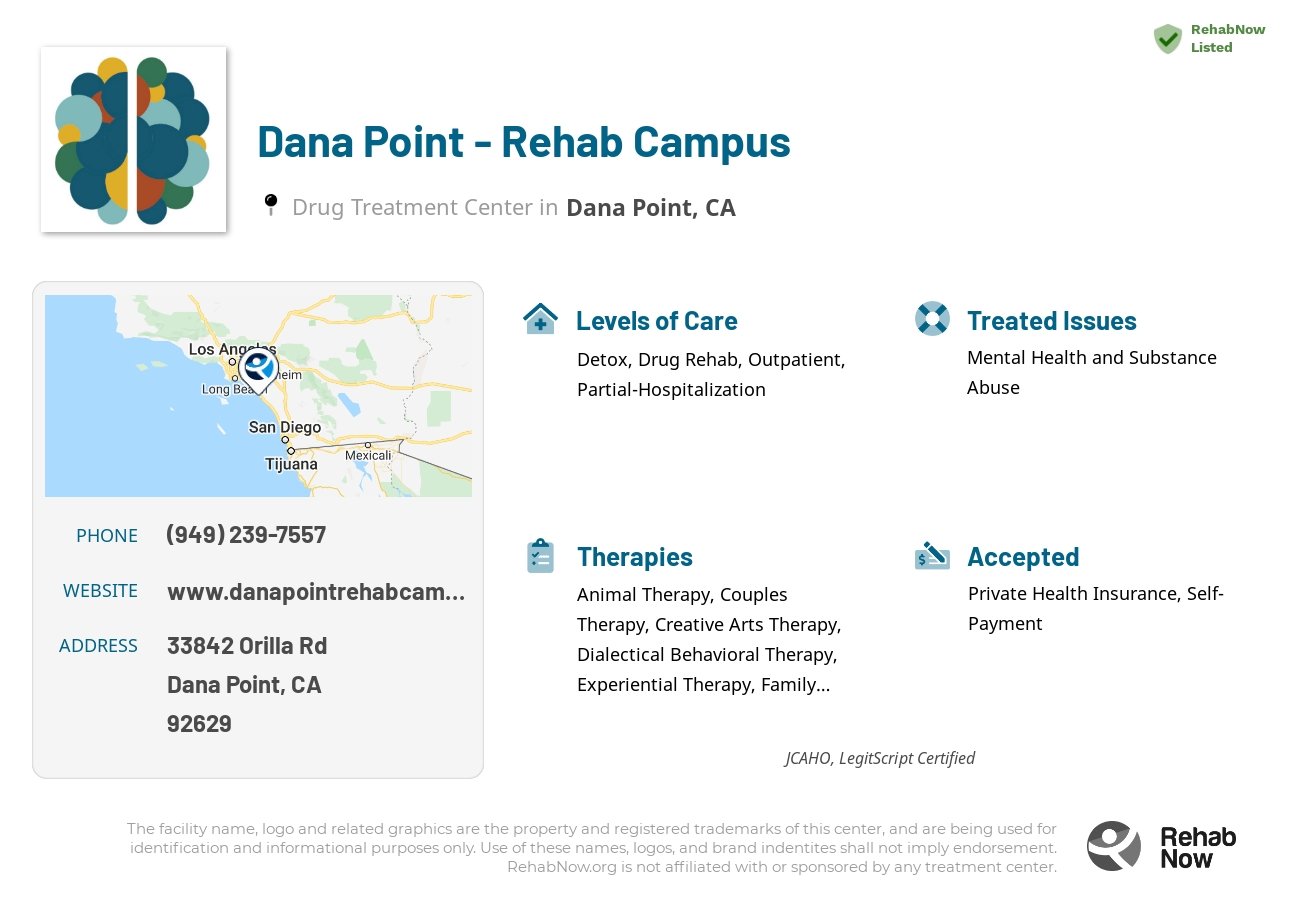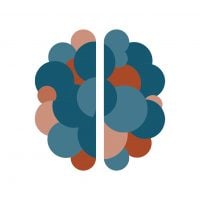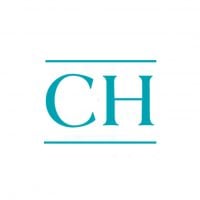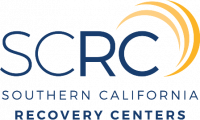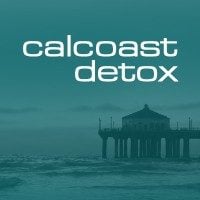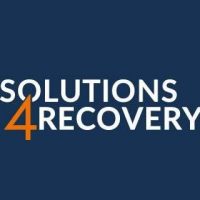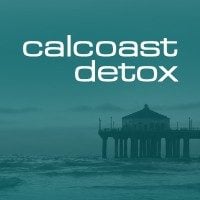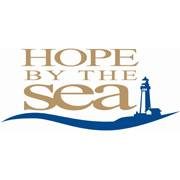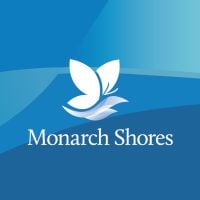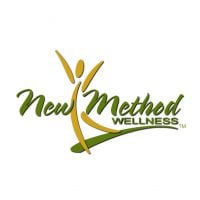Dana Point - Rehab Campus
Drug Rehab Center in Dana Point, California
The Rehab Campus in Dana Point is a highly accredited addiction treatment facility offering comprehensive and personalized care for those struggling with dual diagnosis, drug addiction, alcoholism, and substance abuse under the guidance of accredited JCAHO, LegitScript, and CARF professionals.
About This California Facility
Dana Point Rehab Campus, ideally located in Dana Point, California, offers a unique and comforting approach to addiction recovery for both men and women. This upscale treatment center is distinguished by its person-centered methodology, luxurious accommodations, and a strong belief in tailoring treatment to the individual’s needs.
- Upscale Accommodations: Ensuring clients recover in comfort and tranquility.
- Personalized Treatment Plans: Every individual’s journey to recovery is supported by a plan crafted just for them.
- Comprehensive Care: From detox to residential care, clients receive top-tier support through every step.
Accredited by JCAHO, LegitScript, and CARF, Dana Point Rehab Campus stands out for its commitment to high-quality, evidence-based care. The facility supports this with a variety of insurance plans, including Amerigroup, Anthem, Blue Cross Blue Shield, Kaiser, and United Healthcare.
Focused on treating alcohol and drug addiction, the campus offers a medically supervised detox program and residential treatment, incorporating individual and group therapy, family support, and clinical evaluations into their comprehensive care model.
Genders
Ages
Modality
Additional
Accreditations

LegitScript

JCAHO

CARF
The Commission on Accreditation of Rehabilitation Facilities (CARF) is a non-profit organization that specifically accredits rehab organizations. Founded in 1966, CARF's, mission is to help service providers like rehab facilities maintain high standards of care.
Conditions and Issues Treated
Substance abuse is defined by the continued use of drugs or alcohol despite negative consequences, such as legal or work problems. It can be treated using a variety of services, including therapy and medication.
Substance abuse treatment is beneficial for:
- People who have been using drugs or alcohol for a long time.
- People who have been using drugs or alcohol to cope with stress, anxiety, or depression.
- People who have a mental health disorder in conjunction with substance abuse.
- People who continue to use drugs or alcohol despite the harmful effects they cause on their own life and the lives of others.
- People who have had multiple failed attempts at recovery without medical assistance.
If you believe that addiction treatment is right for you or a loved one, you can contact your primary care physician, or search for addiction treatment centers in your area. Treatment is beneficial to people who are motivated towards recovery, and who understand the benefits of professional care.
Levels of Care Offered at Dana Point - Rehab Campus
This center offers a variety of custom treatment tailored to individual recovery. Currently available are Detox, Drug Rehab, Inpatient, Outpatient, Partial-Hospitalization, Residential, with additional therapies available as listed below.
Detox is the stage of recovery where the drugs or alcohol are entirely removed from your body. There are two different ways to detox, with medications and without. For many drugs and alcohol, the acute phase of detox can be completed in a number of days.
Inpatient treatment is the most intensive level of care, and it’s necessary for those who aren’t able to control their addiction. These patients also must be drug-free before attending inpatient programs .
During inpatient treatment, addicts live at an inpatient facility 24 hours a day while receiving help. This type of program is generally recommended for those who need to go through detoxification or who are struggling with serious addiction-related issues.
The outpatient programs in Dana Point, CA are for those addicted drugs or alcohol. The goal of the outpatient rehabilitation program is to make them stop abusing drugs or alcohol, reduce drug use or addictive behaviors, and become entirely sober. It is generally required to attend the outpatient program for 10-12 hours every week.
Patients can be administered on-the-spot medication to ease withdrawal symptoms such as anxiety, increased heart rate, and even depression. Groups such as Alcoholics Anonymous (AA) and Narcotics Anonymous (NA) can be used as a part of outpatient treatment to help maintain sobriety.
A Partial Hospitalization Program (PHP), also known as an Aftercare Program, is a short-term intensive treatment program usually consisting of five (5) days a week. A PHP can be an effective alternative for those who cannot commit to living in a rehab facility 24/7 but require daily medical supervision. A PHP provides comprehensive addiction services seven (7) days a week and is usually attended by the addict every day.
This allows addicts to continue working, stay close to their family and friends, and minimize disruptions to their daily routines. Upon entering a PHP, patients are assessed by Addiction Psychiatrists, Medical Doctors (MD), Nurses, Psychologists, and Therapists. This assessment will determine the appropriate level of care.
Although PHP’s are similar to residential programs, they lack 24-hour supervision. This is because aftercare patients are still expected to follow the rules of their recovery and meet specific goals. This will allow them to assimilate back into society without relapse.
Residential treatment programs are those that offer housing and meals in addition to substance abuse treatment. Rehab facilities that offer residential treatment allow patients to focus solely on recovery, in an environment totally separate from their lives. Some rehab centers specialize in short-term residential treatment (a few days to a week or two), while others solely provide treatment on a long-term basis (several weeks to months). Some offer both, and tailor treatment to the patient’s individual requirements.
Therapies & Programs
People in addiction recovery can benefit from individual therapy. This type of therapy involves meeting with a therapist one-on-one. This allows for a personal and trusting relationship to be built so that the patient can be truly themselves and express any emotions they feel. Individual therapy leads to greater understanding and peace about your triggers for addiction and coping strategies to prevent relapse.
Couples therapy for drug addiction is based on the belief that addiction is a family disease. Everyone involved with an addict, not just the addict themselves, is affected by their behavior and the changes the addict goes through. The relationship also changes the addict’s significant other and has likely picked up some codependent behaviors. Codependency is a term used to describe a person obsessed with another person and their needs and feelings while neglecting their own. Addicts are usually people-pleasers, so it is understandable how one can become codependent in relationships with addicts.
Family therapy is a type of group problem-solving that aims to improve communication and relationships between the patient, their family, and sometimes friends. The main goal of family therapy for drug addiction is to create an environment where communication can occur without judgment, hostility, or blame. The therapist is with the family as they learn to communicate with each other differently, especially with the addict when s/he is using.
Group therapy sessions are held in rehab facilities, clinics, churches or community centers that offer drug addiction treatment. People who attend these groups are encouraged to voice their feelings and support other addicts in recovery. This helps group members strengthen their own recovery program while cheering on others who are struggling with sobriety.
Group therapy sessions provide recovering addicts with a chance to cope with everyday situations that many face. Group therapy sessions are held in rehab facilities, clinics, churches or community centers that offer drug addiction treatment.
People who attend these groups are encouraged to voice their feelings and support other addicts in recovery. This helps group members strengthen their own recovery program while cheering on others who are struggling with sobriety.
If you’re looking for addiction treatment, it’s important to find a facility that offers trauma therapy. This type of therapy helps people process and understand the past traumas that have led to their addiction. Trauma therapists will work with clients to help them understand their past and present relationships and show them that they are worthy of love. This therapy is typically done using visualization, discussion, and writing down thoughts and feelings.
Trauma Therapy is a form of therapy that involves working with a patient to help them process and understand the past trauma(s) in their life. This therapy is typically done using techniques such as visualization, discussion, and writing down thoughts and feelings. The main goals of trauma therapy is to help clients express their emotions and talk about what they are feeling.
Dialectical Behavior Therapy (DBT) is a form of cognitive-behavioral therapy that helps people understand how they connect their thoughts, behaviors, and feelings. It can give them more control over their actions, effectively stopping self-harm ideations and attempts in some patients. It also helps put those with borderline personality disorder into control for managing mental struggles.
A new study has shown that DBT works for those with self-harm behaviors and addictions by giving them therapy they can relate to and understand.
Cognitive Behavioral Therapy (CBT) helps addicts identify faulty, negative thinking so that they can work together with the therapist to find healthier ways of thinking. CBT focuses on specific aspects of each person’s thinking, feeling, physiology, and behavior. It aims to identify specific problems in these areas, and create a personalized treatment strategy.
Eye Movement Desensitization and Reprocessing (EMDR) is an integrative psychotherapy approach that has been extensively studied and proven effective for treating trauma. EMDR sessions typically last 50-90 minutes and can be completed in as little as 12-15 sessions. EMDR is a goal-directed therapy in which the client works with the therapist to develop an individualized treatment plan that focuses on specific trauma memories and associated disturbance.
Life Skills Services offered at Dana Point - Rehab Campus assists addicts in their recovery by teaching them healthy coping mechanisms that will aid them in becoming sober, focussing on helping people enter into, and maintaining long-term sobriety. Dana Point - Rehab Campus provide Life Skills Services at varying levels of intensity, specific to the needs and requirements of each patient.
Benefits of Life Skills Services offered at Drug Treatment Centers in California:
- Restores hope and empowerment — Helps addicts believe that recovery is possible and instills a new confidence in their ability to achieve a positive, drug-free future
- Enhances family involvement — Encourages families to get involved in the recovery process and supports their understanding and encouragement of healthy behavior.
- Increases patient’s compliance — Helps patients take responsibility for and ownership of their recovery and encourages continued progress
- Reduces relapse rates — Encourages long-term abstinence and emphasizes the importance of establishing sober support systems.
Addicts often experience intense cravings for sugary foods during recovery. By teaching addicts how to eat well and stay healthy, therapists can help them manage their cravings over the course of treatment.
During these sessions, Dana Point, California dietitians and therapists will offer advice about healthy eating options and teach addicts how to make specific changes in their diet that can help reduce the effects of cravings during recovery.This type of therapy is often used in conjunction with other types of addiction treatment services. By identifying specific triggers and developing strategies to help addicts avoid relapse, most individuals can overcome their cravings and stay sober for good after they finish rehab.
The first step to becoming a non-smoker is the choice to quit smoking. Nicotine replacement therapies are effective because they provide you with the nicotine you are addicted to without inhaling carcinogens from cigarettes.
There are several types of NRT. These include:
- Nicotine gum
- Nicotine patches (transdermal systems)
- Nasal spray
- Lozenges
The benefits to using NRT can include:
- Reduce the risk of heart disease and cancer
- Reduce the anxiety and irritability associated with quitting smoking
- Reduce the risk of type II diabetes.
- Improved fertility in women
Patient Experience
Creative Arts
Creative Arts Therapy is a treatment method for patients of Dana Point - Rehab Campus in Dana Point, California who are victims of addiction to drugs, alcohol, or other substances. Group Creative Arts Therapy sessions help addicts get sober by allowing them to meet and talk with peers who are going through the same problems. This builds trust and helps addicts understand that they are not alone. Depending on the severity of the patient’s drug or alcohol problem, they may attend group creative art therapy sessions or individual sessions.Experiential Therapy at Dana Point - Rehab Campus
Experiential Therapy allows addicts to release emotions in a safe environment. The process involves addicts painting their feelings and releasing them on a canvas. LPE – Love, Peace, and Equilibrium is one of the most popular forms of experiential therapy.
Fitness Therapy
Fitness therapy is beneficial in drug treatment programs. It provides an alternate coping mechanism for stress, a new outlook on life, and a sense of community and involvement (NIDA, 2002). It is especially useful for those who were formerly involved in organized sports.
Additional benefits of fitness therapy are enhanced physical appearance, an improved body image, and socialization with like-minded individuals. Due to fitness therapy, patients are less likely to relapse into drug addiction. Fitness therapy leads to a reduction in depression, anxiety, and stress. It can even help to improve memory and concentration.
Payment Options Accepted
For specific insurance or payment methods please contact us.
Is your insurance accepted?
Ask an expert, call (888) 674-0062
Additional Details
Specifics, location, and helpful extra information.
Dana Point, California 92629 Phone Number(949) 239-7557 Meta DetailsUpdated April 15, 2024
Staff Verified
Is Dana Point – Rehab Campus a LegitScript Verified Treatment Facility?
According to our most recent records, we have found this center to be LegitScript verified.
Patient Reviews
There are no reviews yet. Be the first one to write one.
Dana Point, California Addiction Information
More than 3 million of California's citizens are addicted to illegal drugs. Almost 800,000 people use hard drugs, almost 5 million use marijuana, and another 2.1 million abuse alcohol every year. Other substance abuse issues such as binge drinking and teen drug use are also common. Many illegal drugs such as cocaine, heroin, methamphetamine, and marijuana are smuggled into the state from Mexico.
There are 9,000 people addicted to drugs in Dana Point, California. This means that there is a drug addict for every 326 residents of the city. Drug addiction can have a devastating effect on individuals, families, and communities. There are many resources available to help those struggling with addiction, and finding the right treatment facility can be a difficult yet overwhelming task.
Treatment in Nearby Cities
- Chula Vista, CA (67.8 mi.)
- Victorville, CA (77.3 mi.)
- Calabasas, CA (71.8 mi.)
- Lemon Grove, CA (63.7 mi.)
- Redlands, CA (50.3 mi.)
Centers near Dana Point - Rehab Campus
The facility name, logo and brand are the property and registered trademarks of Dana Point - Rehab Campus, and are being used for identification and informational purposes only. Use of these names, logos and brands shall not imply endorsement. RehabNow.org is not affiliated with or sponsored by Dana Point - Rehab Campus.
